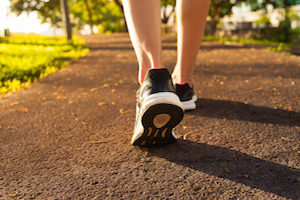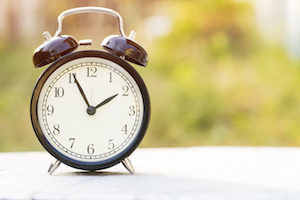Modify your habits

If you suffer from constipation, talk to your doctor or pharmacist about your options. They may suggest :1,2,3,4

- Eating a high-fibre diet which may include cereal, citrus fruits, legumes and wheat bran. Dietary fibre retains water, adds bulk to stools and subsequently alleviates symptoms of constipation.
- Drinking more fluids
- Maintaining regular meal times
- Adequate exercise
- Rehabilitating your bowel reflex
- Use of a laxative
Exercise2

Moderate physical activity, of 30-60 minutes per day, is beneficial for patients with chronic constipation as constipation is associated with immobility. Physical activity stimulates colorectal motility, reduces colonic transit time and improves stool consistency.
Mild physical exercise also helps to reduce bloating.
Habit and bowel training2,5

The body’s signal to have a bowel movement should not be ignored.
Go to the toilet when you get the urge, as this is the most effective time to completely empty your bowels.
Bowel movement is most active following a meal, hence stools pass more easily at this time.
Consuming a caffeine-containing beverage in the morning may also help with bowel movement.
Sit on the toilet correctly by leaning forward with your arms on your knees and your feet on a footstool (this helps relax your pelvic floor and sphincter muscles). Do not hold your breath or strain.
Good bowel function involves more than being regular. If you have a healthy bowel you should be able to:1

- Hold on after you feel the first urge to go to the toilet
- Allow yourself enough time get to the bathroom
- Pass a bowel movement within about a minute of sitting down
- Have a bowel movement without pain and without straining
- Completely empty your bowel
If these changes are not effective, constipation management can be supplemented with oral laxative medication.
Know more about laxative medication
References :
1: Continence Foundation Australia. Bristol Stool Chart. [Internet]. Available from: https://www.continence.org.au/pages/bristol-stool-chart.html# (Accessed 12 March 2019).
2: Sibanda M, Meyer JC, et al. Chronic constipation in adults. S Afr Pharm J. 2018;85(1):34-42.
3: Cedán-Santacruz C, Lopez MO, et al. Do bad habits bring a double constipation risk? Turk J Gastroenterol 2018;29:580–587.
4: Forlax Powder for Solution. Proposed package insert. March 2015. 5: Continence Foundation Australia. Prevention: The facts. [Internet]. Available from:https://www.continence.org.au/pages/prevention.html# (Accessed 12 March 2019).


